Everything but the Kitchen Sink: A Look into Its Origin and Meaning
It's a phrase that we've all heard at some point in our lives. "He brought everything but the kitchen sink" or "She packed everything but the kitchen sink." But have you ever stopped to wonder where this popular idiom came from and what it truly means? In this article, we'll dive into the history and meaning behind the expression "everything but the kitchen sink."
The Origin of "Everything but the Kitchen Sink"
Believe it or not, the phrase "everything but the kitchen sink" originated in the early 1900s. It was first used in a 1918 newspaper article, describing a soldier's rucksack as being so full that it seemed like he had packed "everything but the kitchen sink." However, the phrase didn't become popular until the 1920s when it was used in a humorous novel, further cementing its place in the English language.
The Meaning of "Everything but the Kitchen Sink"
So, what exactly does this expression mean? Well, it's used to describe something that includes almost everything imaginable. It's often used to exaggerate the amount of things someone has brought or the variety of items included in a situation.
For example, if someone is going on a trip and they say they've packed everything but the kitchen sink, it means they've packed a lot of things. Or if someone is telling a story and they say, "I brought everything but the kitchen sink," it means they brought a wide range of items.
The Idiom's Relation to the Literal Meaning
At first glance, the phrase "everything but the kitchen sink" may seem a bit odd. After all, the kitchen sink is an essential part of a kitchen, so why would anyone leave it behind? Well, that's the beauty of idioms - they don't always make literal sense. In this case, the phrase is used more for its exaggerated effect rather than its literal meaning.
But that's not to say that there isn't a connection to the literal meaning. In the early 1900s, kitchen sinks were often seen as a luxury item and not something that everyone had access to. So, when someone was moving or going on a trip, it was common for them to leave behind their kitchen sink, along with other items that were not essential for their journey.
The Similarities to Other Expressions
"Everything but the kitchen sink" is not the only idiom that uses a similar structure. In fact, there are several other expressions that follow the same pattern of "everything but." Some examples include "everything but the clothes on your back," "everything but the kitchen stove," and "everything but the bathroom sink."
These expressions all serve the same purpose of exaggeration and convey the idea of bringing or including a large amount of items.
The Difference Between "Everything but the Kitchen Sink" and "The Kitchen Sink"
It's important to note that there is a slight difference between the phrases "everything but the kitchen sink" and "the kitchen sink." While the former is used to exaggerate the amount of items, the latter is used to describe a situation where everything has been included.
For example, if someone says "I brought the kitchen sink," it means they have brought everything they could possibly need or want. It's a more literal use of the expression compared to "everything but the kitchen sink."
The Evolution of the Phrase
As with any language, idioms and phrases evolve over time. In the case of "everything but the kitchen sink," it has evolved to take on various forms. Some variations include "everything but the kitchen stove," "everything but the kitchen cabinets," and even "everything and the kitchen sink."
Despite the slight changes, the meaning and usage of the phrase remain the same - to convey a large amount or variety of items.
The Importance of Understanding Idioms
Idioms are a significant part of any language, and understanding their origins and meanings can help us better communicate with others. They provide a creative way to express ourselves and add color to our conversations.
Moreover, idioms are often used in everyday speech, so being familiar with them can help us understand and participate in conversations more easily.
In Conclusion
The phrase "everything but the kitchen sink" may seem like a simple expression, but as we've explored in this article, it has a rich history and meaning behind it. From its origin in the early 1900s to its evolution over time, this idiom has cemented its place in the English language and continues to be a popular phrase used today.
The Evolution of House Design: From "Everything and the Kitchen Sink" to Modern Minimalism

The Origins of "Everything and the Kitchen Sink"
 The phrase "everything and the kitchen sink" may seem like a modern idiom, but its origins actually lie in the world of house design. In the early 20th century, new advancements in plumbing and technology allowed for the inclusion of a variety of fixtures and appliances in homes. This led to a trend of cluttered and over-decorated spaces, with homeowners wanting to showcase their wealth and modernity by incorporating every possible feature into their homes.
The phrase "everything and the kitchen sink" may seem like a modern idiom, but its origins actually lie in the world of house design. In the early 20th century, new advancements in plumbing and technology allowed for the inclusion of a variety of fixtures and appliances in homes. This led to a trend of cluttered and over-decorated spaces, with homeowners wanting to showcase their wealth and modernity by incorporating every possible feature into their homes.
The Rise of Minimalism
 However, as time went on, attitudes towards house design began to shift. The economic downturn of the 1930s and the post-war housing shortage forced people to prioritize functionality and efficiency over extravagance. This gave rise to the minimalist movement, characterized by clean lines, simple forms, and a focus on functionality rather than decoration.
Keywords: minimalist movement, clean lines, simple forms, functionality
However, as time went on, attitudes towards house design began to shift. The economic downturn of the 1930s and the post-war housing shortage forced people to prioritize functionality and efficiency over extravagance. This gave rise to the minimalist movement, characterized by clean lines, simple forms, and a focus on functionality rather than decoration.
Keywords: minimalist movement, clean lines, simple forms, functionality
The Influence of Modernism
 The minimalist movement was heavily influenced by the modernist design principles of architects such as Le Corbusier and Ludwig Mies van der Rohe. They believed that "less is more" and advocated for a streamlined and functional approach to design. This philosophy continues to influence contemporary house design, with the emphasis on simplicity and functionality still prevalent in many modern homes.
Keywords: modernist design, less is more, streamlined, contemporary
The minimalist movement was heavily influenced by the modernist design principles of architects such as Le Corbusier and Ludwig Mies van der Rohe. They believed that "less is more" and advocated for a streamlined and functional approach to design. This philosophy continues to influence contemporary house design, with the emphasis on simplicity and functionality still prevalent in many modern homes.
Keywords: modernist design, less is more, streamlined, contemporary
Bringing it All Together
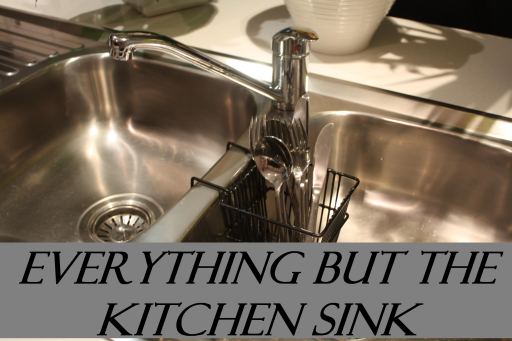 Today, house design has come full circle, with a blend of both "everything and the kitchen sink" and minimalist styles. Homeowners now have access to a wide range of high-tech appliances and luxurious fixtures, but they are also choosing to incorporate them in a more understated and functional way. Modern homes often feature sleek and minimalist designs, but still offer all the comforts and conveniences of the past.
Keywords: high-tech appliances, luxurious fixtures, understated, functional
Today, house design has come full circle, with a blend of both "everything and the kitchen sink" and minimalist styles. Homeowners now have access to a wide range of high-tech appliances and luxurious fixtures, but they are also choosing to incorporate them in a more understated and functional way. Modern homes often feature sleek and minimalist designs, but still offer all the comforts and conveniences of the past.
Keywords: high-tech appliances, luxurious fixtures, understated, functional




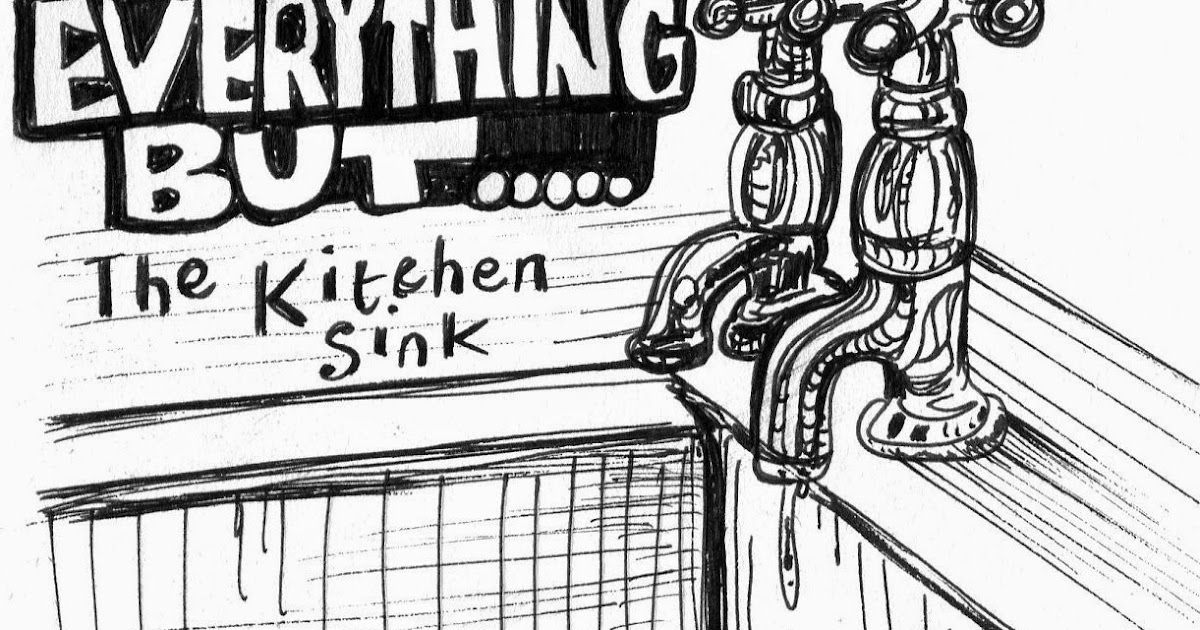
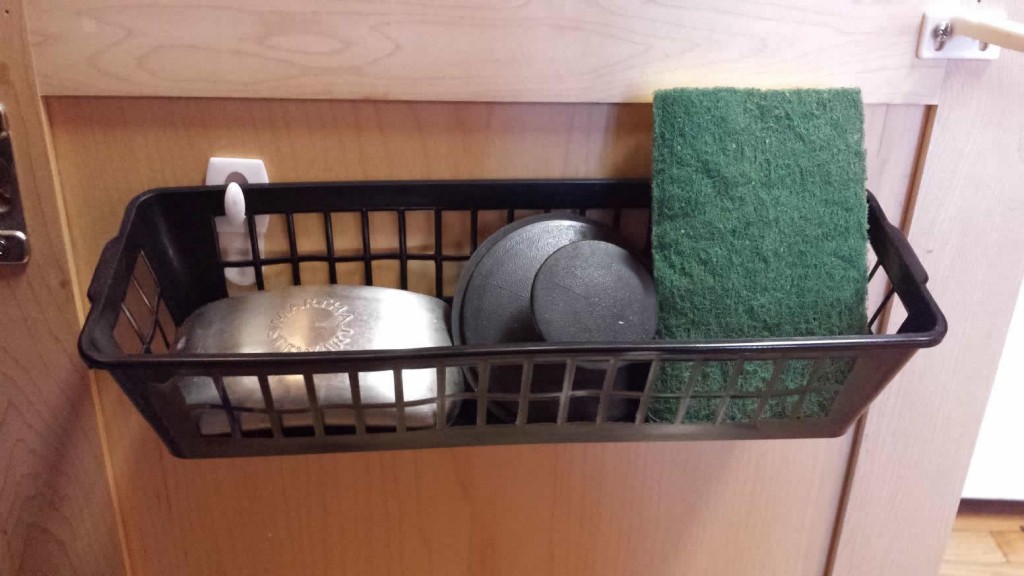










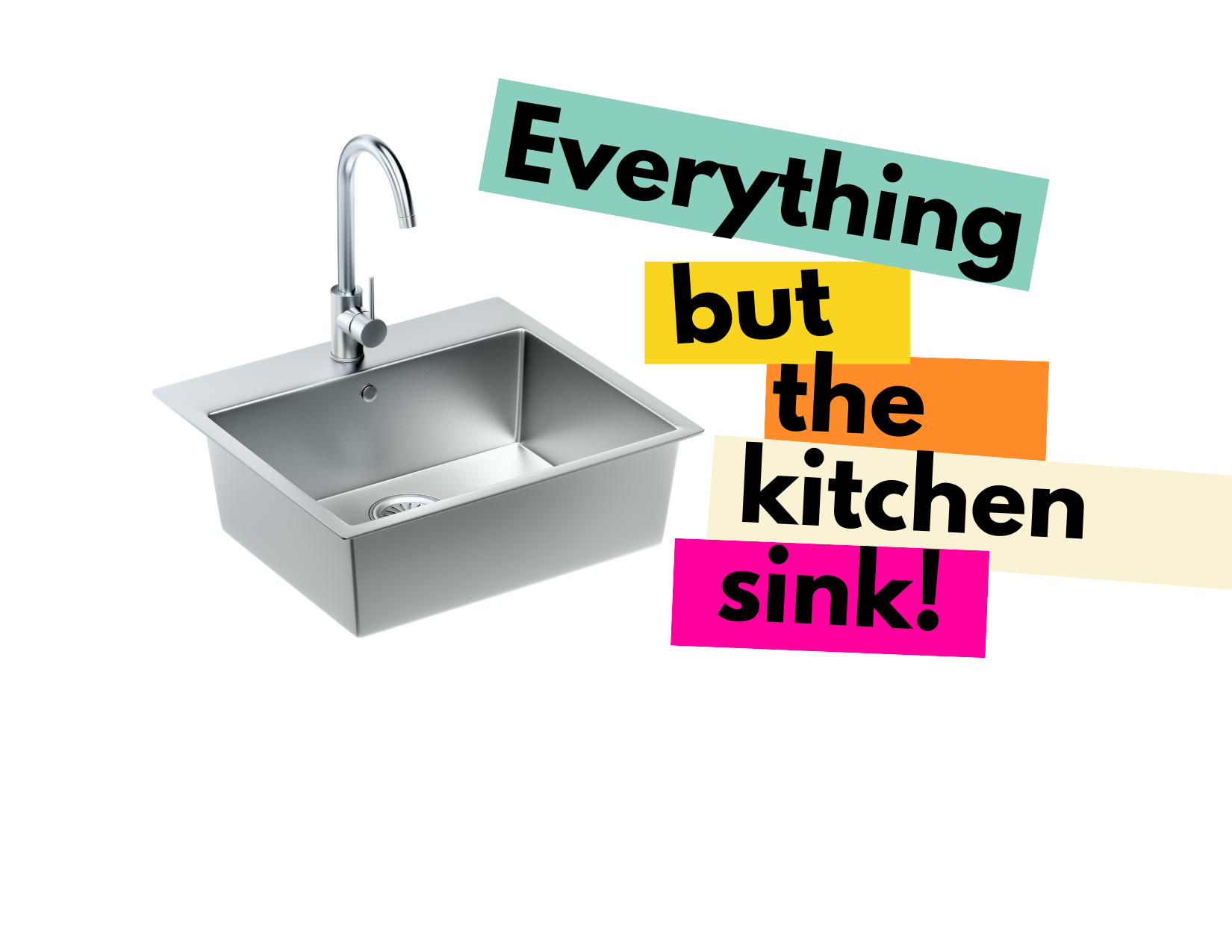



a.jpg)




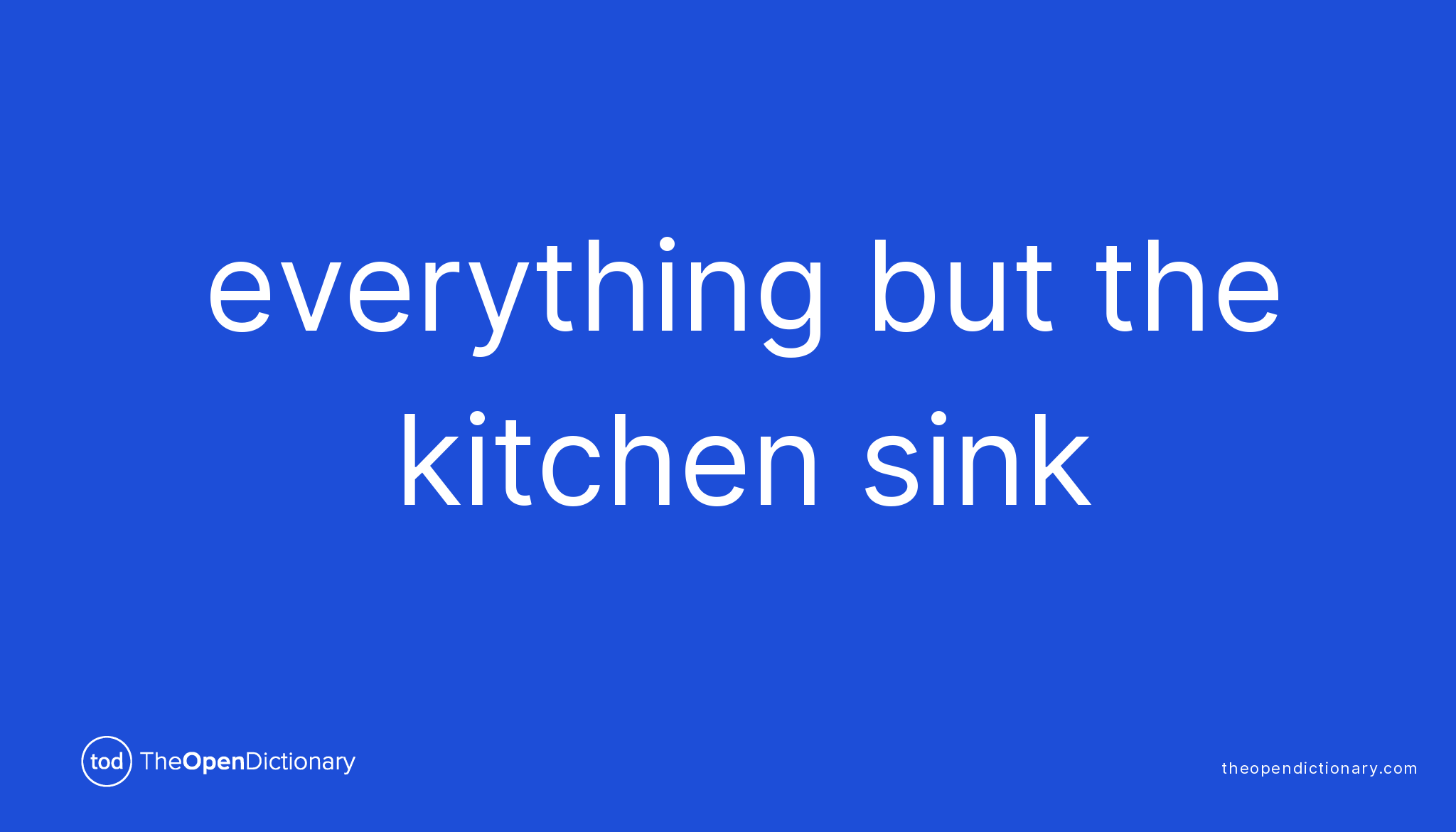



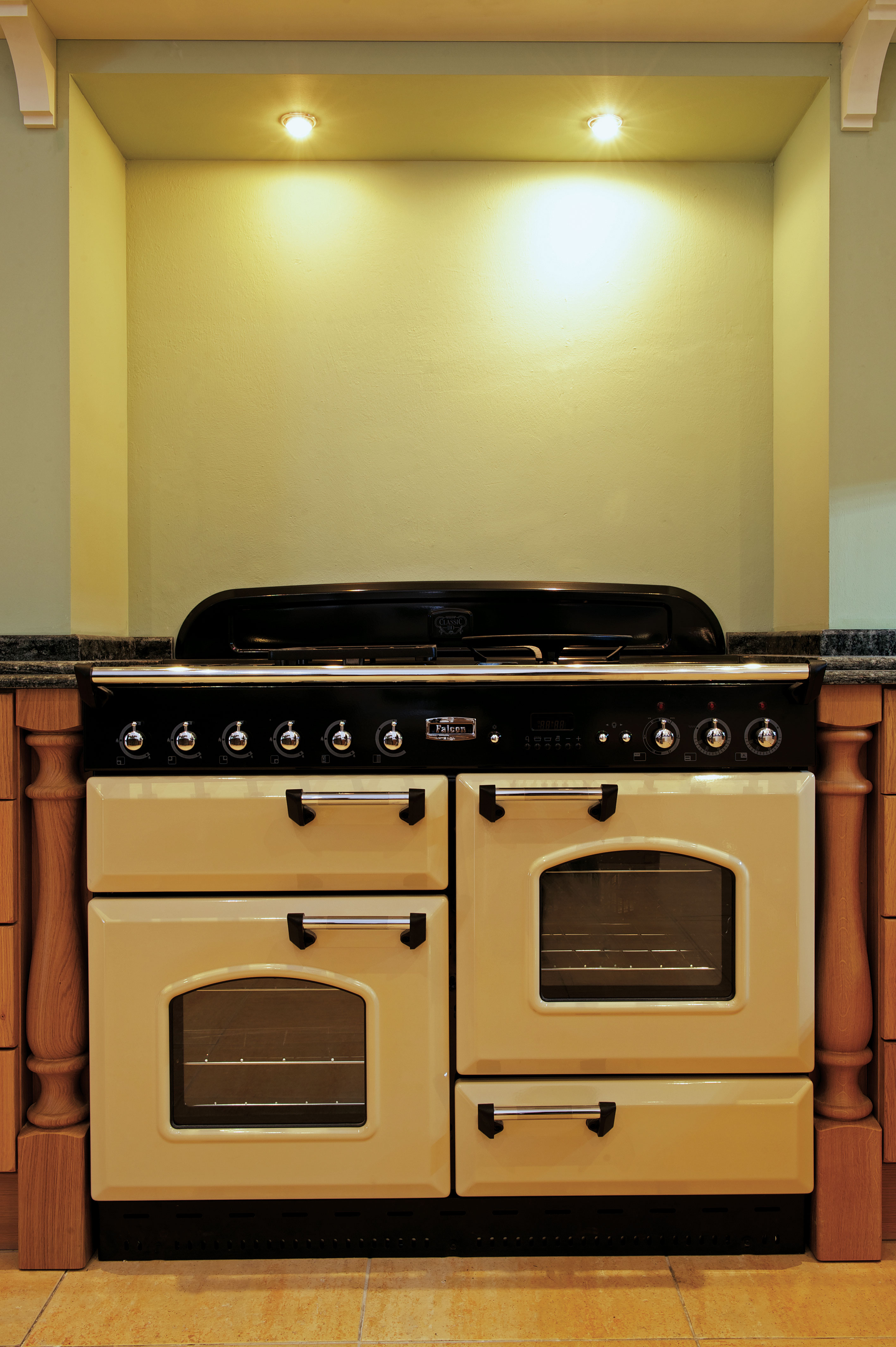

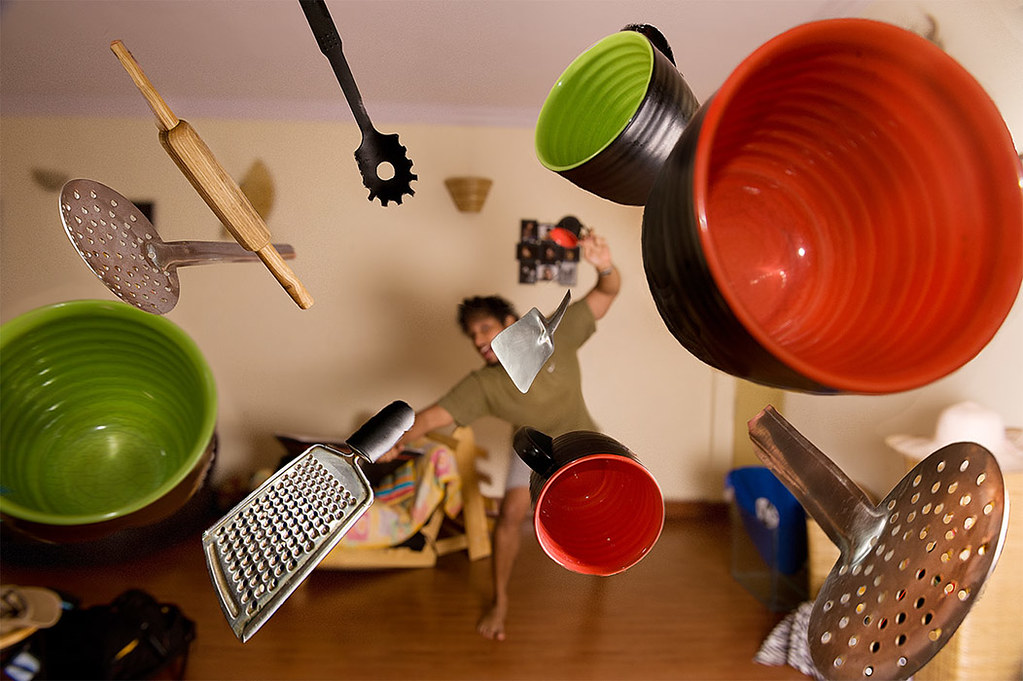
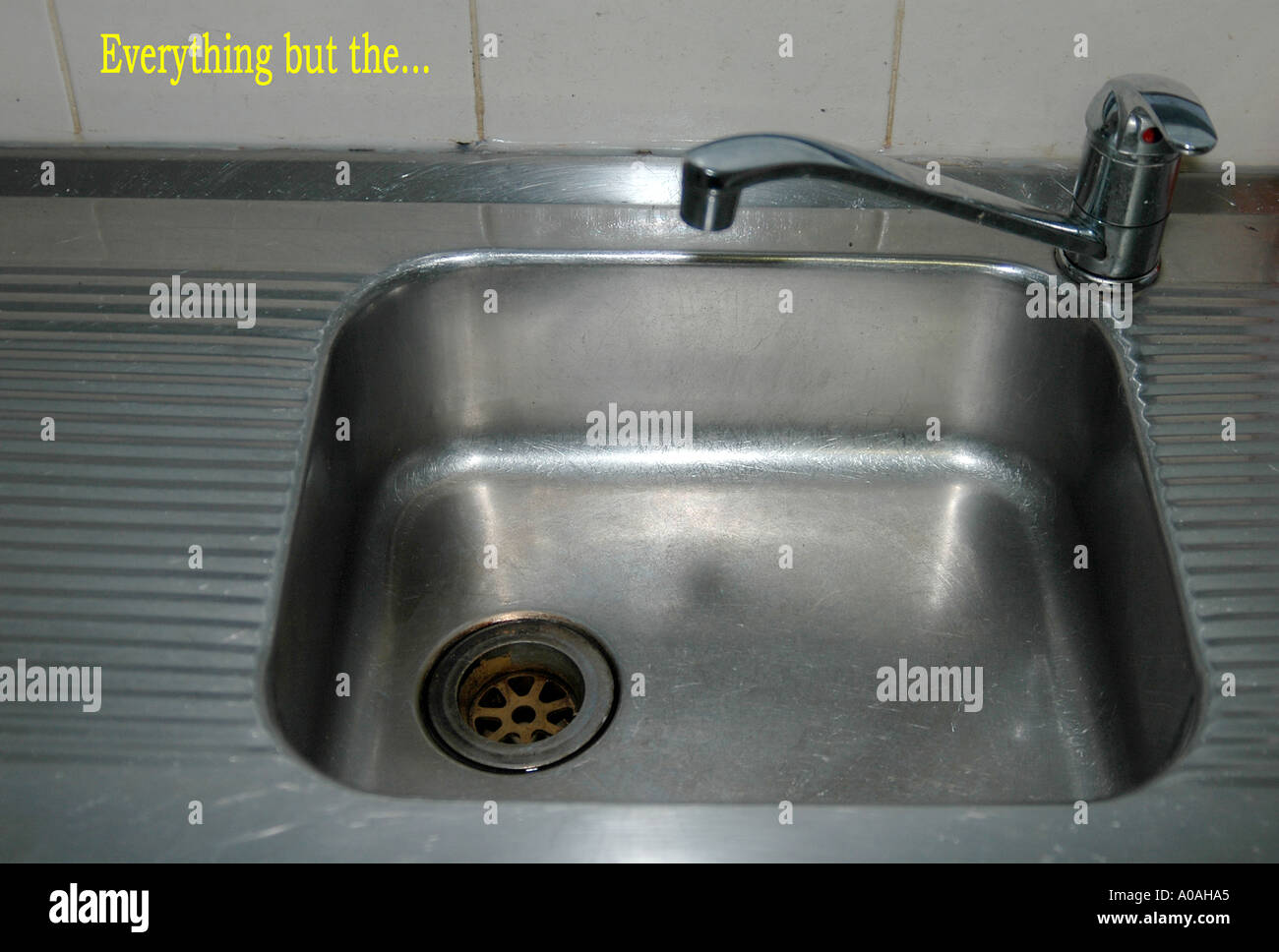











/living-room-ideas-5194639-hero-a99a77f61b9b4e368c62ca603ab45322.jpg)





